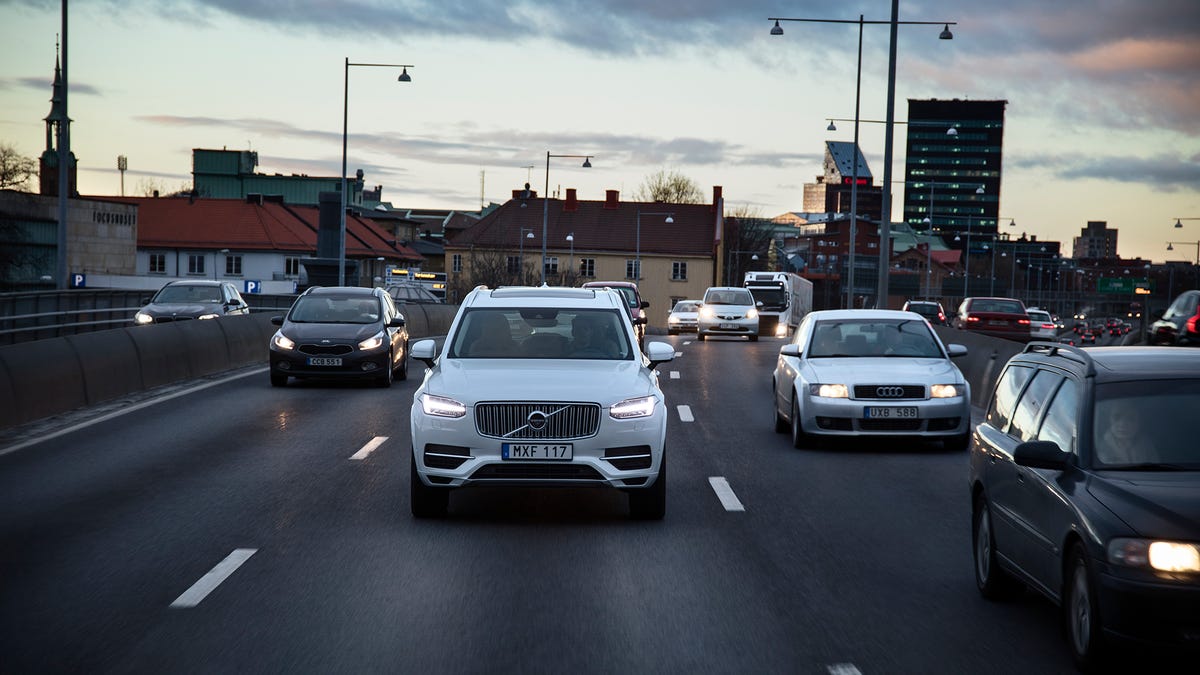New study shows autonomous-car acceptance is a gradual process
Volvo's Future of Driving Survey points out that old habits die hard and we still want some semblance of control, albeit not all the time.

Like it or not, self-driving cars are coming, and they're here to help. Volvo's one of the automakers at the forefront of this movement, and to gauge public opinion on the topic, it's put together a survey covering 50,000 people around the world.
When it comes to acceptance of autonomous vehicles, regional differences play a big part. While nearly nine-tenths of respondents in New York and California think self-driving cars will improve quality of life, far fewer Illinoisans agree with that sentiment. Pennsylvania is below the national average in believing that more autonomous cars will reduce accidents. It appears that, the more time you spend stuck in traffic, the more excited you are for autonomy. Makes sense to me.
Thankfully, you won't see New Yorkers and Californians moving to ban human-driven cars. 72 percent of respondents believe that manual driving should be preserved, and more than half of those polled still think self-driving cars should have steering wheels. 69 percent want route choices, as well. There's still a strong sentiment for human intervention, whether it's in actual driving or just route planning.
But what about laws and liability? Most respondents are in agreement on these topics, actually. 72 percent believe a car manufacturer will lead the self-driving revolution, and 79 percent believe that manufacturers should shoulder the liability burden when it comes to autonomous-car collisions. And a whopping 86 percent think the government is too slow in planning for self-driving cars, which it definitely is.
Most answers seem to point to one underlying notion -- it's going to be a gradual process to get the world ready for self-driving cars. Giving up control is quite the leap of faith, despite the benefits these cars can provide. Being stuck in traffic for most of the work week seems to hasten the desire for autonomous driving, though.

